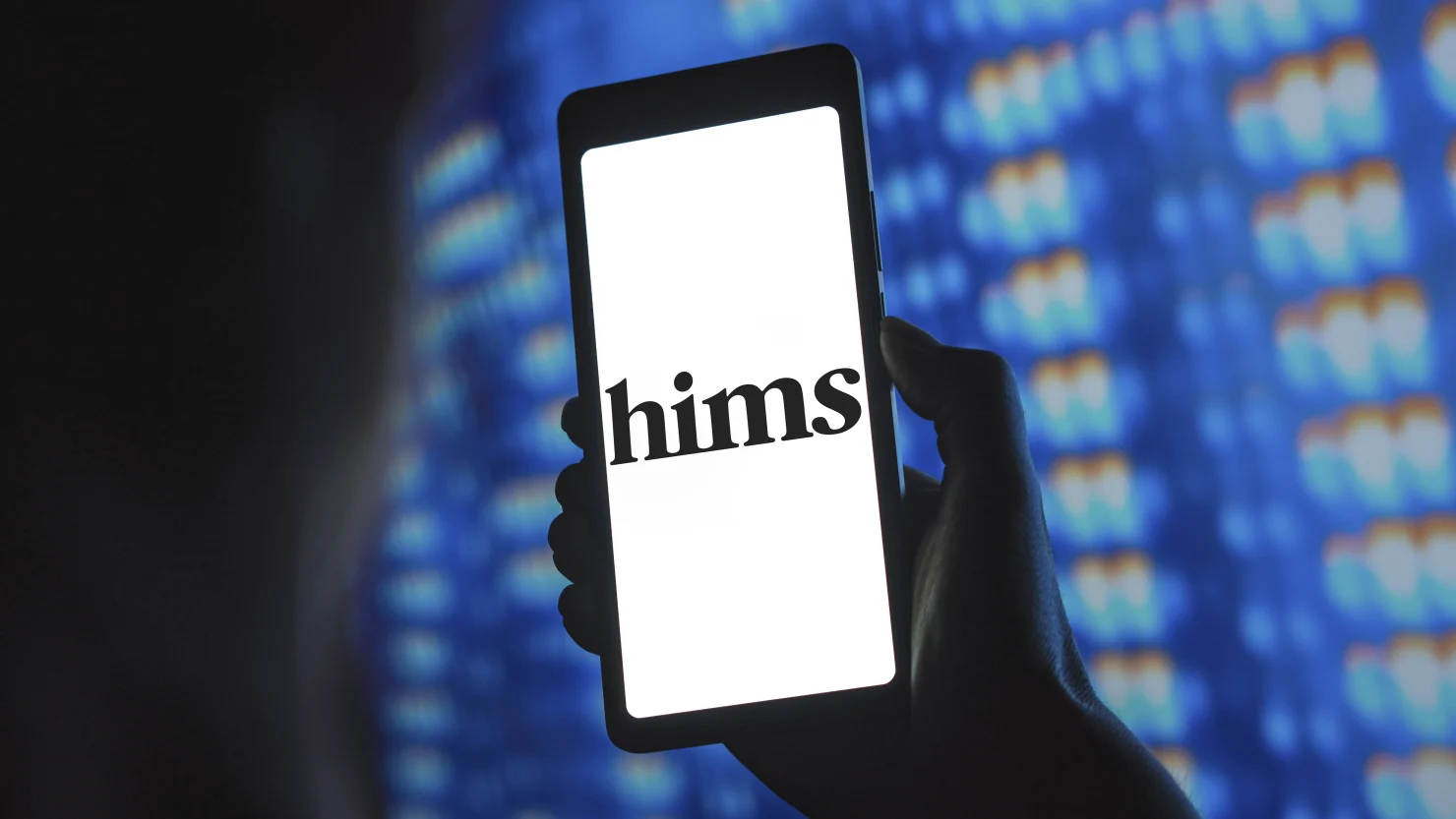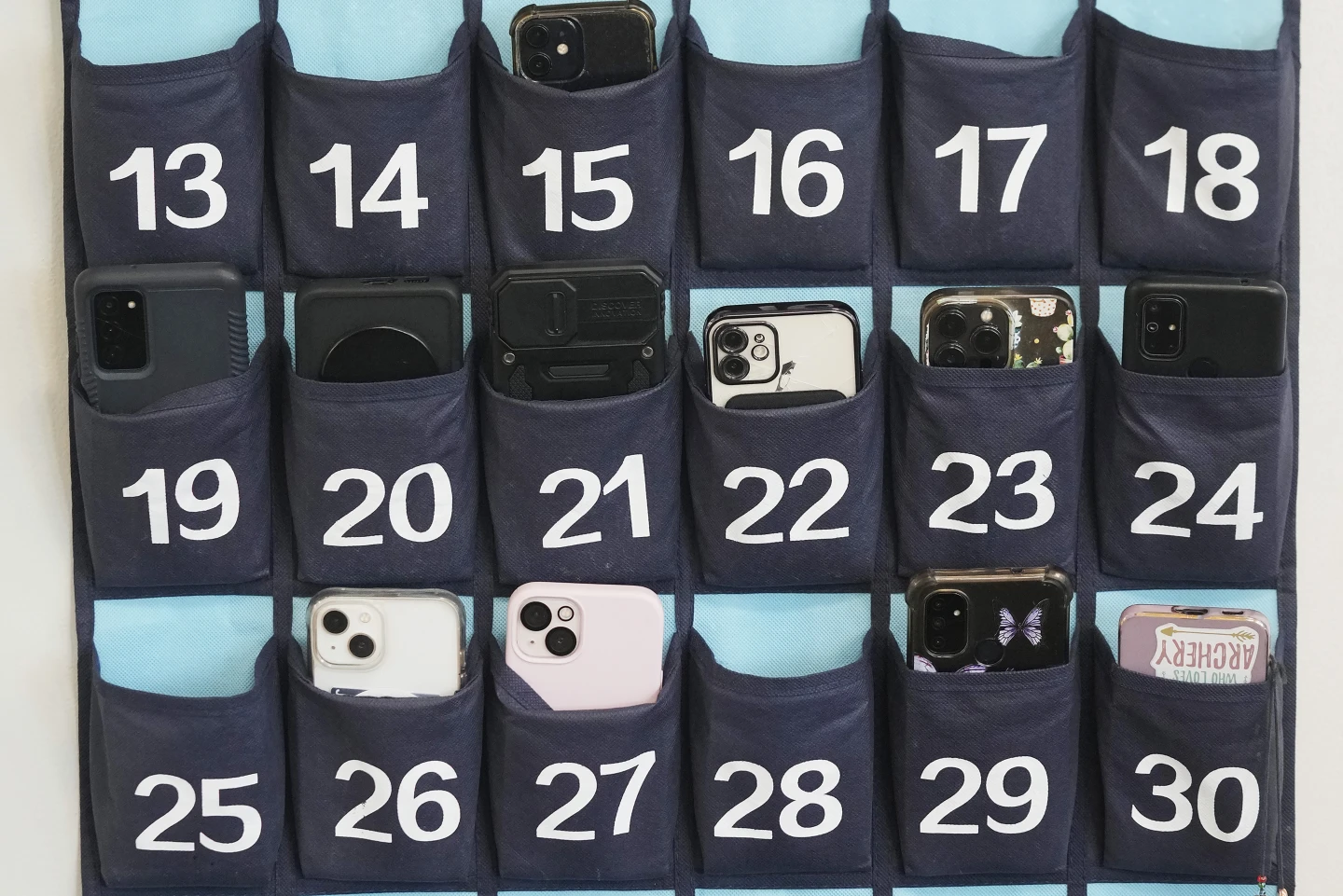Illinois Governor JB Pritzker is pushing for a statewide ban on cellphones in classrooms, aiming to boost student achievement, improve social interaction, and address mental health concerns among public school students, The Associated Press reports.
The initiative, gaining traction nationally, will be formally endorsed during Pritzker’s combined State of the State/Budget address on Wednesday.
Martin Torres, Pritzker’s deputy governor for education, confirmed that the Democratic governor is set to champion “screen-free schools.” The proposal comes as concerns over cellphone distraction in classrooms reach a fever pitch.
Companion legislation has been introduced in both houses of the General Assembly, outlining requirements for school districts to establish policies that prohibit personal wireless devices during class time. Exceptions would be made for emergencies, teacher-approved use, physician-deemed medical necessity, individual special education plans, or assistance for English learners. The legislation also mandates secure storage solutions for phones and tablets and a review of the guidelines at least every three years.
Illinois is part of a growing movement across the country to address cellphone use in schools. Eight states currently have policies that ban or limit cellphone use in classrooms, with 15 others, including Indiana, Minnesota, Ohio, Iowa, Kentucky, and Michigan, considering similar restrictions.
The impetus for these bans is rooted in growing concerns about distraction. The Pew Research Center reports that seven in 10 high school teachers in the U.S. consider cellphone distraction a major classroom problem.
Torres highlighted that at least 10 Illinois school districts have already implemented screen-free policies with positive outcomes. The proposed legislation allows for flexibility, enabling school districts to tailor policies that best suit their specific needs, but they must be in place by the 2026-2027 school year.
One Illinois school district, Peoria, has already seen success with a comprehensive approach. This school year, Peoria schools adopted a plan in which each student is issued a neoprene pouch with a magnetized lock that only teachers or administrators can open.
Superintendent Sharon Desmoulin-Kherat reported positive results after surveying 8,000 students from grades 5 to 12. The survey revealed increased focus, engagement, and reduced distractions.
Illinois’ relationship with cellphones in schools has been complex. Legislation originally banned cellphones as early as the 1990s, when they were considered luxury items. However, as technology advanced and cellphones became essential for communication, particularly with family, the Legislature reversed course in 2002 and permitted their presence in schools.
Despite being turned off and locked up, Peoria students can still access their phones when necessary, addressing parental concerns about emergency contact, Desmoulin-Kherat noted.










The latest news in your social feeds
Subscribe to our social media platforms to stay tuned